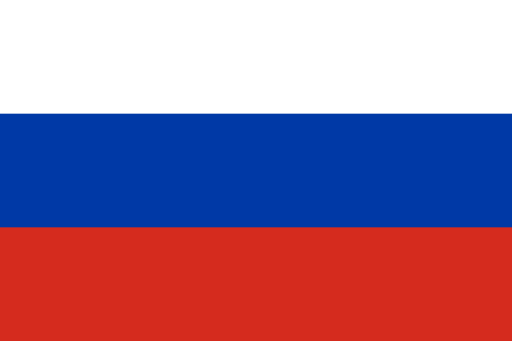The rationale of this briefing, which Commission Staff Director Sam Wise presided over, was that of a marked increase of crime in Russia. At the time of this briefing, crime had become the dominant subject in Russian politics. Unsurprisingly, the extent of crime in Russia had significant implications for its society, specifically for hte viability of the state. In fact, President Yeltsin had called crime the Russian state’s gravest threat.
A question that Wise brought up in the briefing was the possibility of criminals taking over the Russian Federation’s government. Another possibility that Wise mentioned was election of authoritarian, repressive leaders who would make Russia safe. Witnesses in the briefing included Dr. Louise Shelly of American University’s Department of Justice, Law and Society, and Stephen Handelman, Associate Fellow at the Harriman Center of Columbia University.




